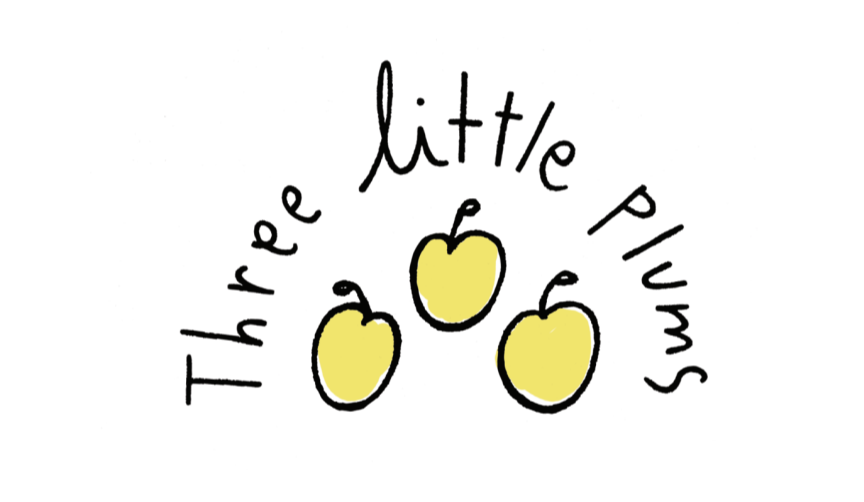Greenwashing: What is it and how to identify it
When you are looking to buy a product you often rely on the claims on the packaging and websites to help you determine whether the product is safe or not
But, can we trust what is on a label?
Greenwashing are labels, jargon or images used by manufacturers to misrepresent or overstate the health & environmental benefits of a product; ie to make a products seem natural & non-toxic when in fact it might not be
Here are examples of common Greenwashing
1. Overt lying: for example saying a product is all natural when it contains lab-made substances; a mattress that is made of PU foam is not natural. A mattress made with soy foam is not natural either. Both contain varying amounts of PU foam, made from petroleum and many additives
2. Leaning heavily on trade association certifications. Example: CERTIPUR is a foam industry certification. Many of the chemicals they ‘test’ for aren’t even allowed in PU foam in the US. Additionally these foams are still not all natural nor toxin free
3. Companies that tell you what isn’t in your product, but don’t provide full transparency about what actually is in your product....
example: “BPA free” can still contain harmful BPS or BPF. “PFOA and PFOS-free” can still contain other harmful PFAS chemicals
4. Claiming a product is "organic' when the products actually contains some or mostly non-organic materials
5. Confusing consumers by talking about certifications they "have" that are irrelevant to the product or dont cover the entire product
example: Something might be Greenguard Gold certified but that does not address PFAS nor flame retardants for example.
6. Creating & using their own logo graphic to appear on par with independent certifications.
Why is Greenwashing a big deal?
A basic right we should all have is the right to make informed choices for our family. When a company obscures the fact that potentially hazardous chemicals are present in their products, consumers cannot make informed choices. Honesty and transparency matter- especially for products for our young children
Even for me, who has spent the last decade looking at products and inquiring about materials, safety etc 90% of the time I do not get all the pertinent information about a product's safety by simply reading labels and website descriptions..... which means I need to reach out and ask companies to clarify claims or give additional information that has been left out. Sometimes, as Clean and HEalthy New York found when they took a deep dive into crib mattresses & actually had them lab tested, some companies were saying one thing about their products & tests were showing another.
In their report, for example, PFAS chemicals were disclosed for 9 crib mattresses from 3 companies, and testing found PFAS in mattresses from 3 other companies.
Here is one specific example of Greenwashing that the Mattress Matters report found:
“ NOOK SLEEP Boldest claims (as of November 6, 2020)17 Nook claims that “nature offers a natural defense against intrusion in the simplest yet most effective 12 | Getting Ready for Baby Campaign ways” and that their “natural water and stain resistant barrier” mirrors the way plants repel water in nature. However, test results of Nook Sleep’s now discontinued Pebble Lite Crib purchased in 2018 found the cover contained undisclosed PFAS, a synthetic water and stain resistant treatment, and the product page description of “nanosphere technology” is used in their 2019 description of the Pebble Lite Crib cover18 and 2021’s Organic Cotton Pebble Crib Covers. Without disclosing the chemistry used to create the “natural water and stain resistant barrier,” this claim is dubious. Nook’s language around its claims about which products or materials are “organic” are incredibly confusing. For example, on the “Organic Pure Crib Mattress” product page on its website, in some places it appears to claim organic certification for every component, and in other places some materials are identified as “natural.” In another place its definition of “organic” appears to point to what others might consider “plant-based.” If not all materials are certified organic, these different and conflicting messages could be considered deceptive. By contrast, in our research for The Mattress Still Matters, we identified several companies that offer crib mattresses for which all materials are certified organic, as is the mattress as a whole. Certifications On product pages, Nook touts Organic 100, Global Organic Textile Standard, and OEKO-TEX® Standard 100 seals. Nook does not provide verification of these certifications. Under ‘Care Instructions & Certifications’, they also present the UL GreenGuard Gold seal. Nook does not make any claims regarding the stringency of these certifications on crib mattress product pages. Test Results A third-party test of an older product, Nook Sleep’s Pebble Lite Crib purchased in 2018, found the cotton & PET cover contained undisclosed PFAS. The polyurethane foam core contained undisclosed chlorine. The PET “air spacers” contained undisclosed neoprene and plasticizer. We do not have evidence whether current models are made in the same way or that they have been reformulated. Summary Nook’s branding leans very heavily on messaging about nature and health, which does not align closely with the test results of their products historically, and they do not provide clear verification of these claims”
Clean & Healthy New York recently published a guide called ' Getting Ready for Baby' and in it they offer these tips for parents which I agree with 100%
1.Get curious about words like “nontoxic,” “organic,” and “natural.” Look for verifiable certifications – not just logos – to confirm these claims.
2. Be wary of claims about what isn’t present: “BPA-free” or “PFOA and PFOS-free” items may have very similar chemicals, with similar impacts
3. Watch out for misrepresentations about materials. Foam labeled as “plant-based” or “soy foam” are still polyurethane, with a little plant oil.
4. Remember: not all certifications are the same. Look for strong certifications like MADE SAFE®, GOTS, and GOLS, and for proof of the certification

